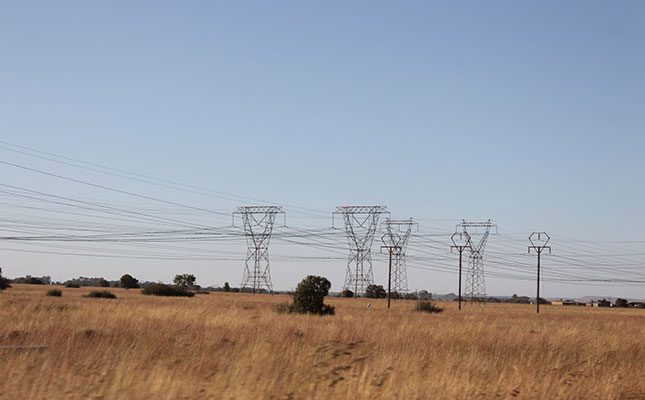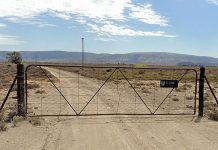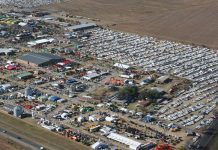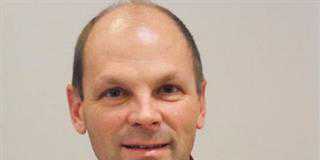
“The plan to impose drastic charges on fixed costs is nonsensical. Currently, the average bill on farm level consists of 30% fixed costs while 70% is linked to actual power use. Eskom’s announcement that it plans to submit an application to the National Energy Regulator of South Africa (Nersa) to reverse the ratio to a 70% fixed cost component is pointless,” Wilken said.
According to him, the basis of any good business concern was to push up sales and increase revenue. It was, however, not the case with Eskom, because of the power utility company’s inability to meet the demand for power.
All indications were that the newly announced plan to increase the fixed costs bill was based on sales losses and attempting to compensate for these losses, Wilken explained.
The losses could be ascribed to, among others, farmers’ increased use of alternative electricity sources.
Wilken made it clear that as soon as Eskom’s application to Nersa was opened for public discussion, FSA would oppose the proposal vehemently.
“The large cost implications that this will have on direct customers of Eskom, especially smaller, intensive farming concerns and processing plants, directly impact on long-term sustainability,” Wilken added.
Farmers already have to cope with vastly increased overheads in an effort to remain on their farms. According to Wilken, vast amounts of money are spent on, among others, the fixing of roads to enable producers to move products and produce to and from markets.
For Eskom to expect the farming community to, in a manner of speaking, sponsor the power utility through increased fixed costs is simply unacceptable.
“The latest attempt to squeeze more money out of consumers is nothing but blatant. This is not going to help struggling Eskom out of the financial predicament it finds itself in despite a recent government bailout,” he continued.
Wilken referred to the fact that alternative energy prices were on the decline, compared with Eskom’s tariffs. With drastic increases on fixed costs and perhaps even carbon taxes, power consumers would be forced to go completely off the grid, he said.












